Alternative verification method
Extra Junior Laguerre - August 8, 2023
You receive a notice of assessment, you don’t agree with the agencies’ calculation and you want to avoid paying tax for nothing. Here’s what you need to know to free yourself from this burden.
How to prepare for a challenge
- Don’t panic
Once you’ve received the new fee, don’t panic. Opinions are not always definitive, and errors by tax agencies can occur. You probably have a strong case to make. Now you need to make a game plan and be organized if you want to “go to bat”.
- 90-day period
You have 90 days from the date shown on the tax assessment to contest it. Be sure to calculate this timeframe carefully to avoid any delays. If the envelope remains on your desk for 91 days, you will be deemed to have accepted the notice, and it will be too late to act. Be vigilant and respect deadlines.
- Good advice
Tax often represents a substantial sum, so it’s essential to get the right advice. First contact your accountant, who may already be aware of your situation and be able to guide you. For complex cases, an experienced tax lawyer can accompany you and assess your chances of success. In collaboration with your accountant, he will find the best solution for you.
- Obtain your tax file
To understand the logic behind your reassessment, you need to access your tax file, which includes the audit report and supporting documents. Log on to your CRA/ARQ file or contact your accountant for more helpful advice.
- Assemble supporting documents
Your tax lawyer needs evidence to strengthen your case, and you’re the person best informed about your situation (or your accountant is). Gather all relevant documentation for the years covered by the tax reassessment. This preparatory work is essential to ensure that your lawyer has all the documents needed to properly prepare your challenge.
- Present a clear and concise request to revenue agencies
Your request must be presented clearly and concisely, including the facts, the applicable legislation, your analysis and your desired conclusion. This step is the domain of your tax lawyer, so make sure you’re precise and well prepared.
- More
What happens next, whether it’s a waiver of notice, a settlement or a trial, depends on the specific case and the direction agreed upon with your tax lawyer.
Opt for voluntary disclosure
What is it?
Voluntary disclosure is a process that allows a person to regularize his or her tax situation by voluntarily admitting errors or omissions in his or her tax return. It’s like an opportunity to correct yourself with the tax authorities before they detect them on their own. This can help avoid harsher penalties and restore tax compliance.
The 4 criteria for voluntary disclosure :
Spontaneity
The request for voluntary disclosure must be made before the tax authorities take control measures or are informed of the situation to be regularized. This means you have to act before they catch you.
Complete request
A full disclosure request is essential to establish open and respectful communication with the tax authorities and maximize the chances of effectively regularizing the taxpayer’s tax situation. In short, all breaches must be disclosed.
Verifiable facts
Full and verifiable disclosure is essential to enable the verification of breaches uncovered by the tax authorities. This includes the provision of relevant financial documents and evidence, reinforcing the taxpayer’s credibility and encouraging more favorable regularization. It is therefore important to provide all the information needed to verify the accuracy of the shortcomings revealed.
Be patient!
Processing times are very long, so patience is essential.
How can you avoid the pitfalls of voluntary disclosure?
Get the facts right.
You need to do an exhaustive analysis to make sure you get the facts right. This analysis is important, because all problematic elements must be disclosed. Surely you don’t want to leave out certain elements and risk having your application rejected.
Obtain all supporting documents.
You’re the person who knows your situation best. You must gather all relevant documentation for the years covered by the voluntary disclosure. This important preparatory work is essential to ensure that your lawyer has all the documents he needs to prepare your challenge.
Prepare a clear, concise application.
You need to present your request clearly and concisely. You’ll need to present all the facts clearly, along with an estimate of the applicable income and fees.
Please share:
255 Saint-Jacques Street, Montreal, Quebec, H2Y 1M6
(514) 419-1373
[email protected]

